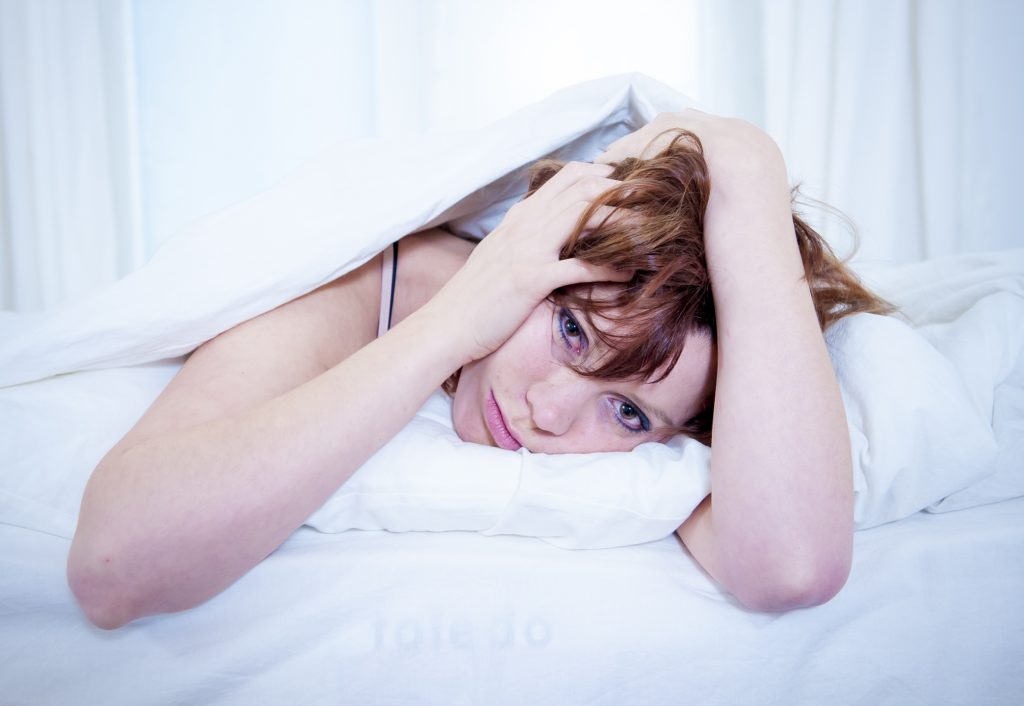
We all want to get a good night’s sleep. It’s imperative to have a functional tomorrow. But what happens when your little one has this issue? How do we fix it? Some need a bedtime story; others enjoy a bit of warm milk or a snuggle. But if your child’s sleep continues to be disrupted, it may be something more serious.
We may think that sleep issues like sleep apnea are issues for adults, but that isn’t the case. Sleep apnea can begin to affect children as young as 3. The most common cause is enlarged tonsils and adenoids, but other causes could be obesity, a tumor in the airway or certain birth defects.
So, what should you look out for as parents? Here are some common symptoms. If you find that your little one demonstrates any of these signs on a regular basis, it may be time to get a sleep study done to diagnose any sleep issues:
- Loud snoring or noisy breathing (gasping or snorting) during sleep
- Prolonged pauses in breathing
- Mouth breathing
- A nasal voice
- Restlessness during sleep
- Too much daytime sleepiness or irritability
- Hyperactivity during the day
- Behavioral problems
- Sleep walking or night terrors
- Bed wetting
- Need for a nap past the age of napping
- Learning problems
- Morning headaches
If your child is diagnosed with sleep apnea, there are a few ways it can be treated, depending on your child’s condition.
- Removing their tonsils.
- Weight loss.
- A CPAP machine may be needed while your little one sleeps to control the airway.
- A rapid maxillary expansion device.
- Inhaled steroids.
- Keeping your home rid of second hand smoke, allergens and other conditions that may cause the issue to flare up.
For more information about sleep apnea, call Dr. Ladani in Schnecksville, PA at 610-799-0600 or visit www.extraordinarysmiles.net.
Dr. Sandip Ladani proudly serve patients from Schnecksville and all surrounding areas.

